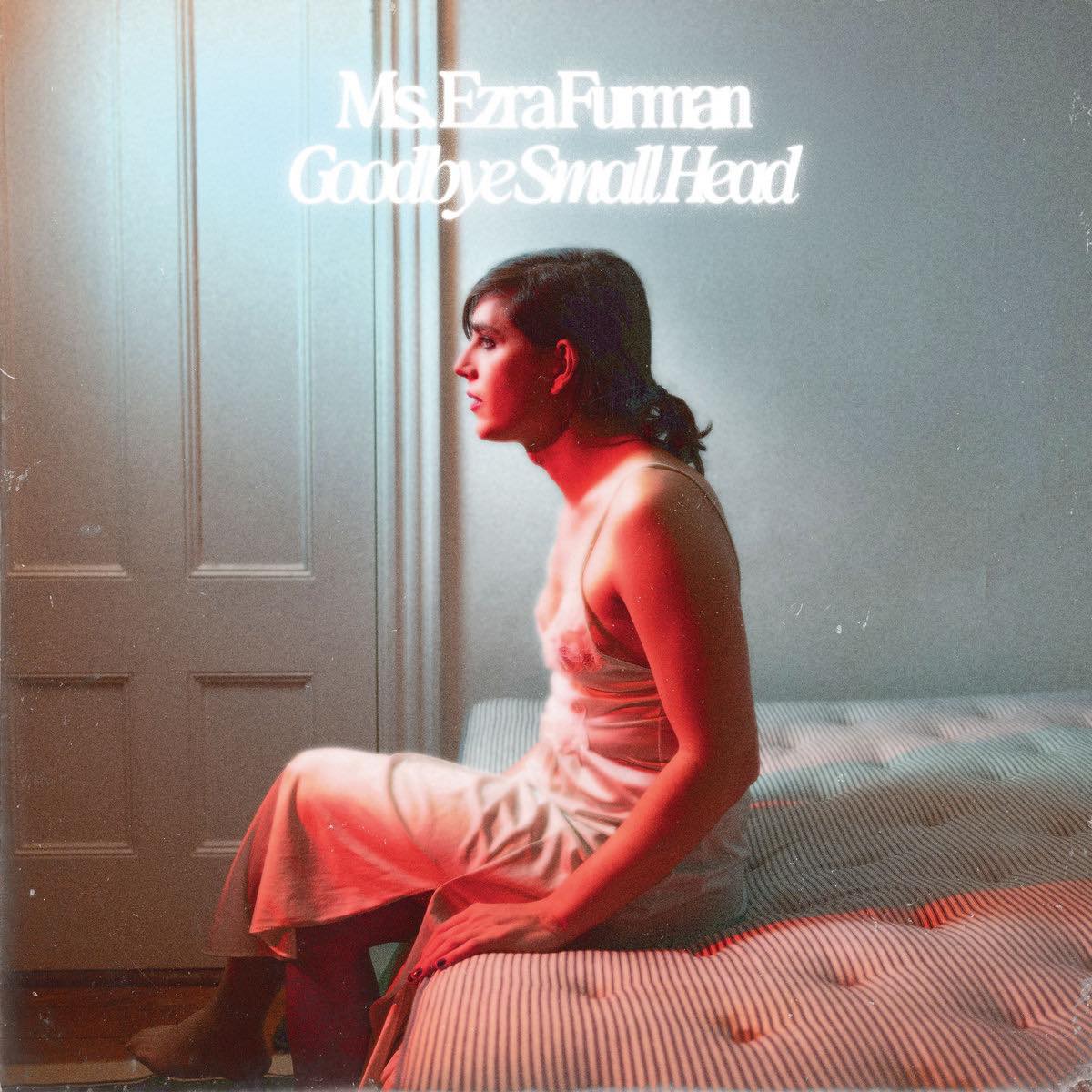Ezra Furman
Goodbye Small Head
BELLA UNION
In advance of her new album Goodbye Small Head, Ezra Furman called its contents “cinematic and intense,” noting that if she were a music journalist she’d label this as an “orchestral emo prog-rock record sprinkled with samples,” and that its 12 songs are “variations on the experience of completely losing control, whether by weakness, illness, mysticism, BDSM, drugs, heartbreak, or just living in a sick society with one’s eyes open.” To these points, I say, “yup.” And then some. In fact, I’d add that if Lou Reed’s druggy Berlin opus was sung in a higher, nasal voice as a glitchy folk-punk opera set somewhere more pastoral than the emotional cold war of New York circa 1973, with more descending chord changes and ultimately empathetic interpersonality, it would be Goodbye Small Head.
“It can happen wherever, I don’t hold the lever,” wheezes Furman’s warning call near the top of the seizure-filled, plushly arranged opener “Grand Mal,” a song whose hilly melody and epically stringy soundscape sets a trembling, fearful tone for much that follows. Whether that be the Spanish Harlem vibe of “Veil Song,” the magical mystery tourism psych of “Sudden Storm,” the torch-song fire of “Slow Burn,” or the fuzz and sawed-cello wiriness of “Jump Out,” every time Furman opens her mouth (even through the forceful primal screamo of that latter song), it’s with a lump-in-the-throat palpitation, a quiver that, though initially afraid and perhaps tortuously lovelorn (cue Furman’s rock-out cover of Alex Walton’s deeply craving “I Need the Angel” that closes this collection), winds up as empowered.
To that point, there’s the tension of “You Mustn’t Show Weakness,” the crestfallen “You Hurt Me, I Hate You,” and the angsty near-acceptance of “A World of Love and Care.” Each touched by theatrical musical settings (especially the ’50s pop of “Hate You”) and a love for thunderstruck instrumentation, Furman rope-a-dopes the listener into thinking that she’s down—but she’s never out. “Do you remember a time when you needed love and care / You called out for help and no one was there? / Love and dignity were supposed to be the priority for us / But you got caught in a bad dream where strength is cruelty,” Furman sings, in kind of a rush, reprimanding an unseen other with the cat call of “Dream better / Dream bigger.”
And yet, right before Furman comes across as the Great Admonisher, she ends the phrase with the communal plea of “With me.” Such a tough-then-tender sentiment. Such a poetic, noisy album. Such a sonic and lyrical victory for Ezra Furman. And then some.







